Food Poisoning: What You Should Know
Chances are, at one point or another, you’ve experienced the discomforting symptoms of food poisoning and can attest to just how miserable it can be. If you’ve been part of the fortunate few that haven’t, you may not know the symptoms and other things that could be critical to understanding it. There are several causes, ways to treat them, and tests that may need to be done if the illness doesn’t go away on its own. Here’s more on food poisoning: what you should know.
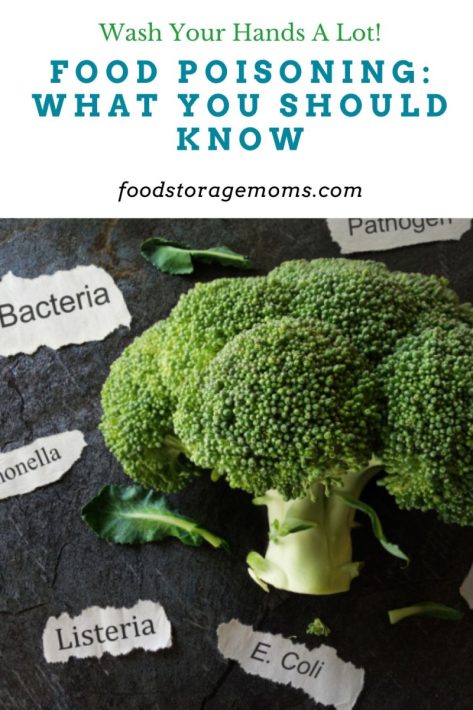
Food Poisoning: What You Should Know
Most of us have been taught that food poisoning typically takes at least 24 hours before the first symptoms start, but that is not necessarily the case. Some cases can show up in as little as a few hours.
Over 250 different types of bacteria, parasites, and viruses in food are known to cause food poisoning.
Every year, nearly 48 million Americans get some form of food poisoning. That’s 1 in 6 people! Over 128,000 are hospitalized, while as many as 3,000 people die from several foodborne illnesses. In case you missed this post: Heat Exhaustion vs. Heat Stroke: What You Need to Know
Symptoms of Food Poisoning
The most common symptoms of food poisoning are vomiting, diarrhea, stomach cramps, and nausea. However, you might experience some other symptoms, such as headaches, dehydration, joint and muscle aches, fatigue, and blood in your stool or bloody diarrhea. In rare cases, dizziness can also occur, followed by blurred or double vision. These symptoms can occur suddenly and typically disappear in less than 24 hours.
Food Poisoning Can Be More Severe for Others
Food poisoning can be dangerous and life-threatening when it happens to certain people. This is true for pregnant women, adults older than 60 years of age, people with weaker immune systems, diabetes, babies, and children. If you fall into one of these categories, you must call your doctor when the symptoms concern you.
Main Causes of Food Poisoning
The most common causes of food poisoning are bacteria and viruses consumed while eating, because of improper food preparation, and illness prevention, such as undercooked poultry. This can happen for several reasons.
- Food that was not cooked properly, whether it failed to reach a specific temperature or other foods came into contact with it as it was being cooked (cross-contamination).
- It can happen while it is being grown and not cleaned after harvesting, as it relates to fruit and vegetables, or processed improperly before packaging in regards to meat.
- The severity of the food poisoning depends upon which bacteria or virus was present on the food that is eaten.
Here’s a look at several of the most common contaminants that can cause food poisoning.
Escherichia coli (E.coli)
E. coli can occur when beef is contaminated with feces during slaughter and then undercooked. Unpasteurized milk, contaminated water, and apple cider can also be a cause. Symptoms lasting between 1 and 8 days are most common.
Salmonella
This happens when you eat raw meat, eggs, or milk products. It can spread from the food, preparation surfaces, and cooking utensils that came in contact with the contaminated food. Symptoms typically last for 1 to 3 days.
Listeria
Listeria can be found in lunch meats, hotdogs, raw produce, and unpasteurized milk or cheese. Symptoms usually last between 9 hours and 2 days.
Rotavirus and Noravirus
Norovirus:
The symptoms last 1-3 days (vomiting, nausea, diarrhea, and stomach pain, possible headache, and body aches)
I quote Medical News Today:
According to the Department of Health and Human Services, the most common causes of Norovirus include:
- shellfish
- contaminated foods
- any food that contains particles of vomit or feces from a person with the virus
- ready-to-eat foods that a worker with the virus has handled
- Consuming contaminated water
- having direct contact with someone with the virus
- touching a surface that the virus has contaminated, and then putting their hand in their mouth
Rotavirus:
The symptoms last 3-8 days (common in infants and small children). Rotavirus usually appears on raw produce and can be passed by the food handler.
I quote Medical News Today:
The cause of rotavirus is the fecal-oral route, which means a person contracts the infection when fecal particles enter their mouth.
Someone may get particles in their mouth if they:
- eat contaminated food or drink contaminated water
- touch a contaminated surface or object and then put their hands in their mouth
- have fecal particles on their hands and put their unwashed hands in their mouth
People with the virus shed rotavirus particles in their stool, which is how it spreads. A person with rotavirus is most contagious during the first few days before recovery and can spread the virus before presenting symptoms. The virus spreads most easily among infants and young children.
Treating Food Poisoning
Unfortunately, there is very little that can be done about food poisoning once you’re experiencing it. If it is bacterial in nature, antibiotics may prove very beneficial. Viruses are more difficult to treat. As awful as it might sound, it’s sometimes best to allow diarrhea to run its course instead of taking over-the-counter medications to stop it. The diarrhea helps your body flush out the toxins and bacteria.
One thing you can do is ensure that your body is getting enough electrolytes and fluids to keep up with the vomiting and diarrhea that can quickly dehydrate you. The complications from dehydration can be serious to many organs and can ultimately cause issues like kidney disease. Getting plenty of rest is also key.
Lastly, when you feel up to it, eat smaller portions of non-fatty foods. This includes things like crackers, toast, or rice. Caffeine, alcohol, and dairy products are a few things that you should stay away from in the meantime because they can make your symptoms worse.
Getting Tested for Food Poisoning
If you decide to visit your doctor, they can usually determine whether you are dealing with food poisoning based on the symptoms that you describe. If, however, they decide to do some testing to reach a diagnosis, these are a few of the tests that you can expect.
Stool Culture
If your symptoms are severe or complicated, you may need to see your doctor for some testing. The most common lab test for food poisoning is a stool culture. Your doctor may order this testing if your symptoms linger or you are experiencing severe stomach pain or a fever.
Your stool sample will help determine whether your illness is due to bacteria and may even help your doctor determine which antibiotics will bring relief. The downside of stool cultures is that they sometimes take several days to return results, although that’s less common in recent years.
Blood Testing
If your doctor believes that the infection has moved into your bloodstream, they may order you to get blood testing done. These blood tests can alert doctors to how sick you may be and detect specific bacteria (like listeria, L. monocytogenes, and hepatitis A virus ) to fight them more effectively. Both stool and blood work can also check for botulism, a toxin that can be fatal.
Imaging Tests
On very rare occasions, your doctor might perform an MRI or CT scan to determine whether there’s another cause of your symptoms.
Are There Any Long-term Effects?
In most cases, people dealing with mild illnesses caused by food poisoning can experience the symptoms fading after a few days or even a few hours. However, certain food poisoning illnesses require hospitalization.
They can cause long-term effects (chronic arthritis, kidney failure, and brain and nerve damage), even to the point of death if not adequately treated. If your symptoms linger for more than 24 hours, you have blood in your stool, or you feel dizzy with blurred vision, make sure you get in to see your doctor. As the saying goes, better safe than sorry.
My husband got salmonella many years ago after eating a chicken burrito at a local restaurant. It was determined that undercooked meat was the culprit. His initial symptoms were much like the stomach flu, so we thought we could weather the illness as home. When the illness continued for a number of days we felt the need to get him to the hospital. Mark had become severely dehydrated, had bouts of lightheadedness, was somewhat delirious, and lay in the hospital bed in the fetal position. He pulled through ok, but the doctor indicated he was one sick guy. He tells people that there are about two weeks of his life he really doesn’t remember.
What Can You Do To Help In An Effort For Disease Control And Reduce The Risk Of Food Poisoning?
There are a number of steps you can take so you and family members aren’t included in the statistics for cases of food poisoning:
- If you don’t already have one, purchase a food thermometer. To kill bacteria, all meat should have an internal temperature of approximately 165 degrees F. That would include ground beef, steaks, roasts, pork, and poultry like chicken and turkey.
- Make sure you thoroughly clean all raw fruits and vegetables with fresh water. You can’t assume that these food products come uncontaminated from the grocery store. That would include the lettuce you use to prepare your favorite salads. Romaine lettuce has been the subject of various recalls the past few years, so be cautious.
- Check the expiration dates for deli meats and prepared foods like potato salad. Some ingredients can go bad if left out at room temperature too. When making homemade potato salad, wait until the last minute to add the mayo, and be sure to store it in an airtight container in the fridge prior to serving or if saved as a leftover.
- Some juices are unsafe. For example, unpasteurized apple cider and juice can carry harmful bacteria. Check labels to confirm the juice has been pasteurized.
- If you do your own canning, be sure to follow the instructions completely. Take the time to label the canning jars with the date you processed them so you can monitor and discard older items. If in doubt, throw it out.
- Avoid the risk of cross-contamination of foods. Consider using a silicone mat to cut your raw meats and then use strong soap, bleach, or your dishwasher to clean the mat. Also avoid cutting raw meat on a porous wood cutting board. Try to use the same cutting board for your fruits and veggies, and then clean that board with strong soap or bleach.
Final Word
Food poisoning is genuinely a humbling ordeal that can become traumatic at times for some of us. As funny as it might sound, you never know what end it will come out of, and that’s no laughing matter. This is especially true if they both happen at the same time.
Again, if your symptoms worsen or linger, don’t hesitate to see your doctor to ensure that food poisoning is the only thing you are dealing with. What else would you add to this Food Poisoning: What you should know? Stay safe, stay well. May God bless this world, Linda
Copyright Images: Food Poisoning AdobeStock_163947915 by Zimmytws

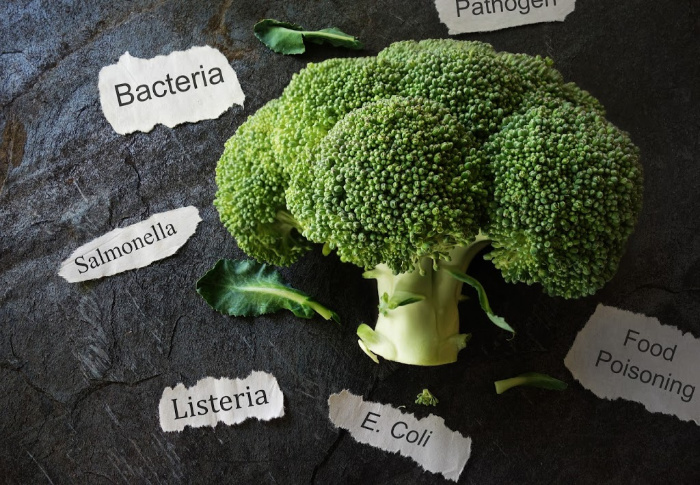







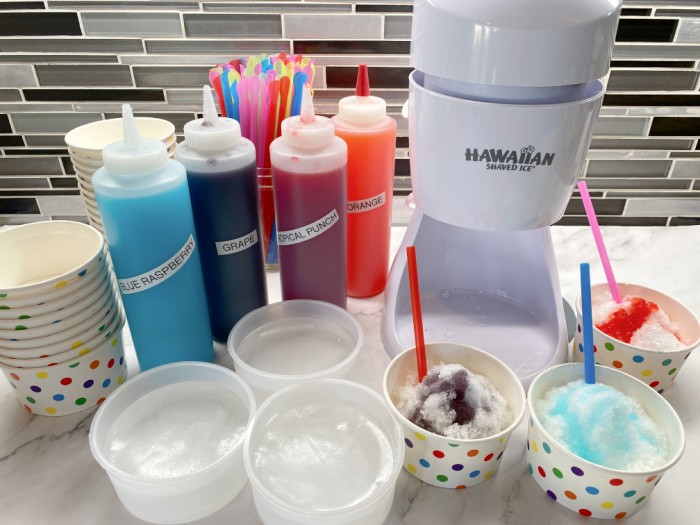

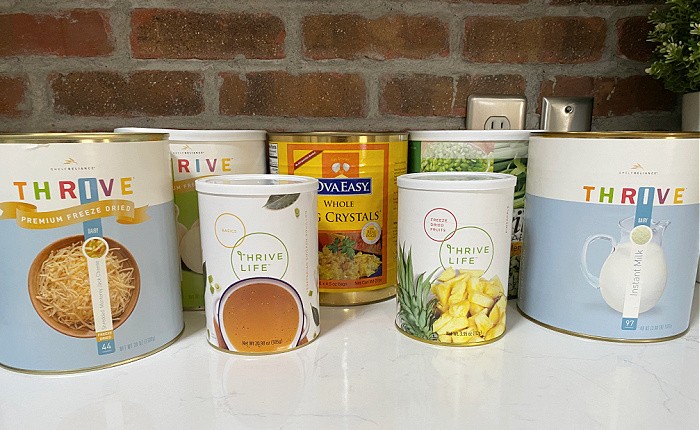


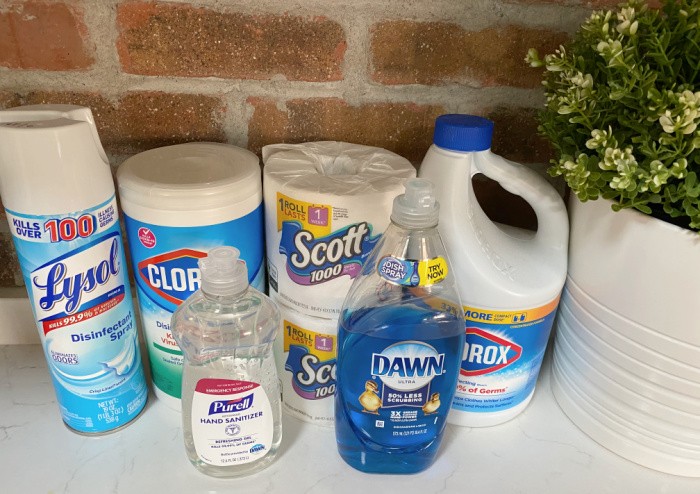
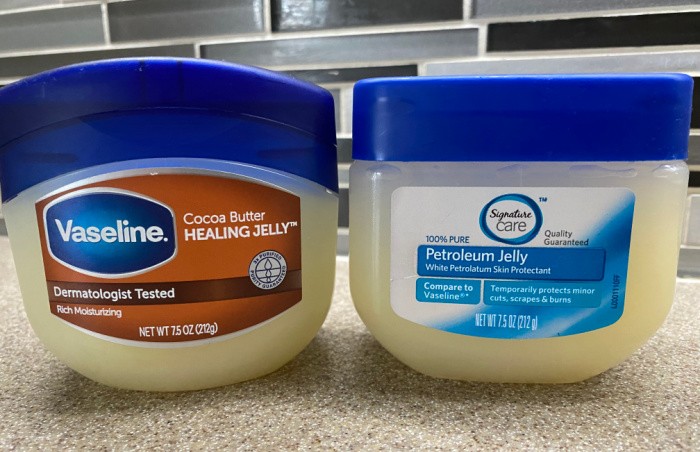


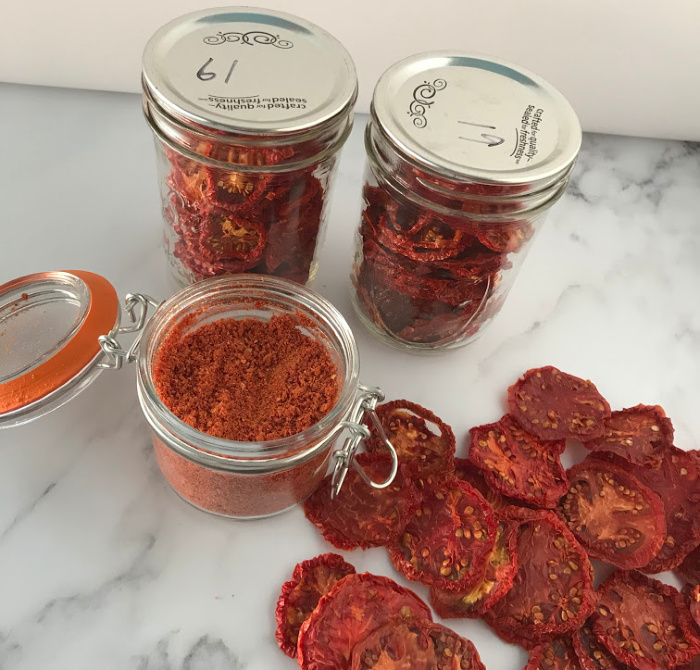
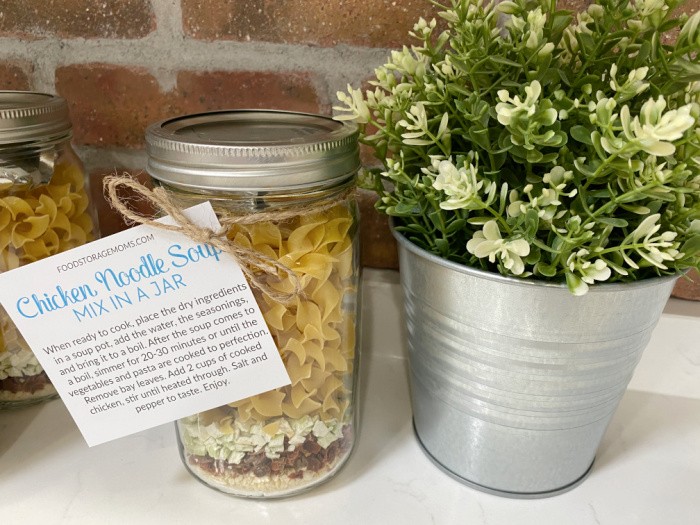
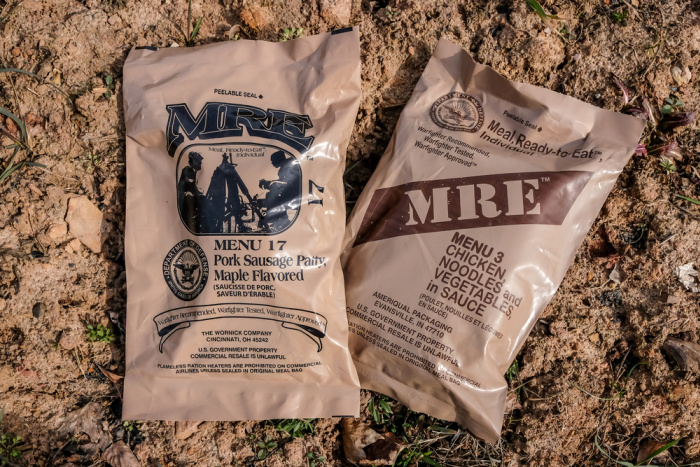

Getting rehydration as quickly as possible is key.
I looked like the cartoon Tasmanian devil from bugs bunny last time I’d had it lol.
Hi Matt, it’s the worst! Your description gave me the giggles! You made me laugh so hard! Linda
After a bout of severe dehydration a few years back, I make sure to travel with rehydration mix as well as the ingredients to make more. And this came in handy on one trip out of the country where I had food poisoning after eating at a buffet. I was able to rehydrate slowly even while the symptoms played out so I recovered fairly quickly and salvaged the trip. Thankfully it was only a mild case even though onset was only a bit more than 4 hours after dinner. No medical interventions necessary other than the rehydration solution and gentle food choices to work back up to regular meals.
While I have always travelled with pretzels and hard candies, since that incident I’ve added a box of saltine crackers to the snack bag. Pretzels are ok, but saltines are so much easier on an upset GI system….
Thanks for covering this important topic.
Hi DMWalsh, great comment! It’s a good reminder for all of us to be prepared for whatever comes our way! My mom used to give me saltines, and 7-up. Thank goodness for saltine crackers! Linda
Boy! This cools the desire to eat from anywhere but home!
Thanks for the great information once again, Linda!
Hi Lynn, I totally agree with you, I know my kitchen is clean and we wash our hands! Thank you for your kind words, Linda